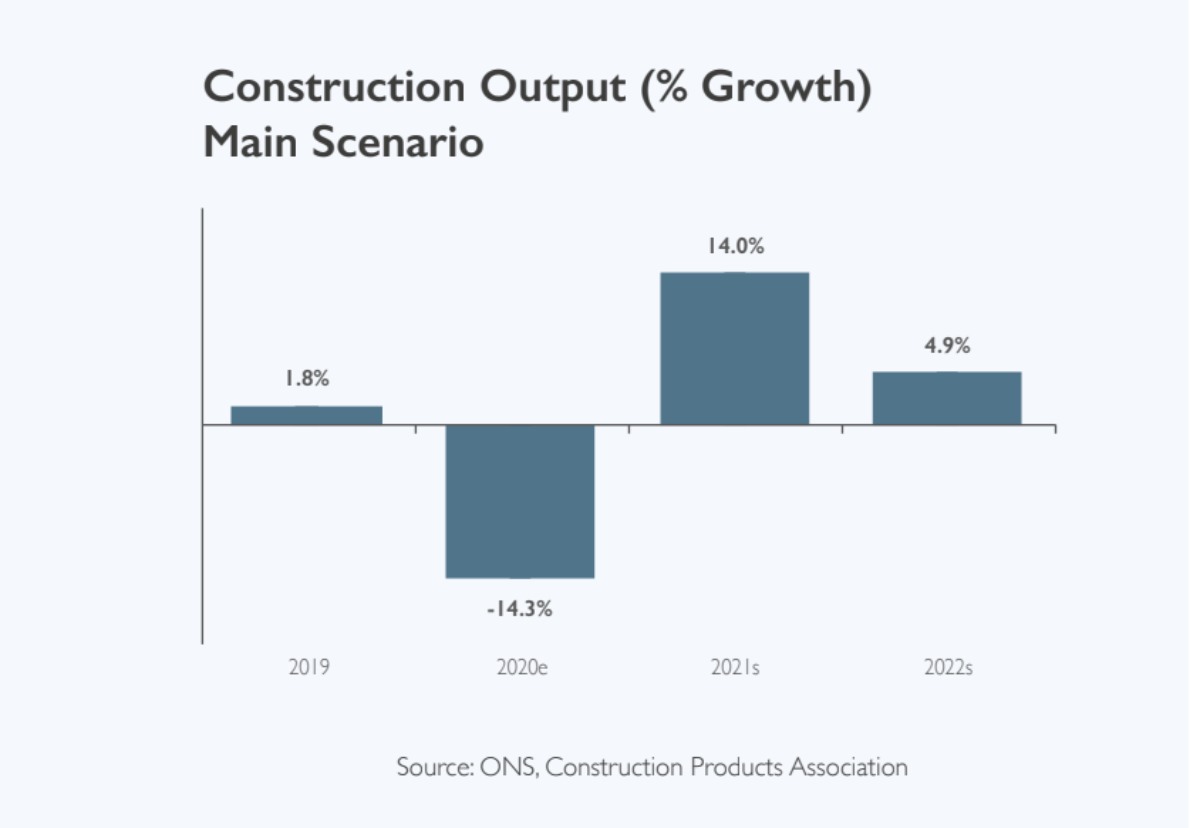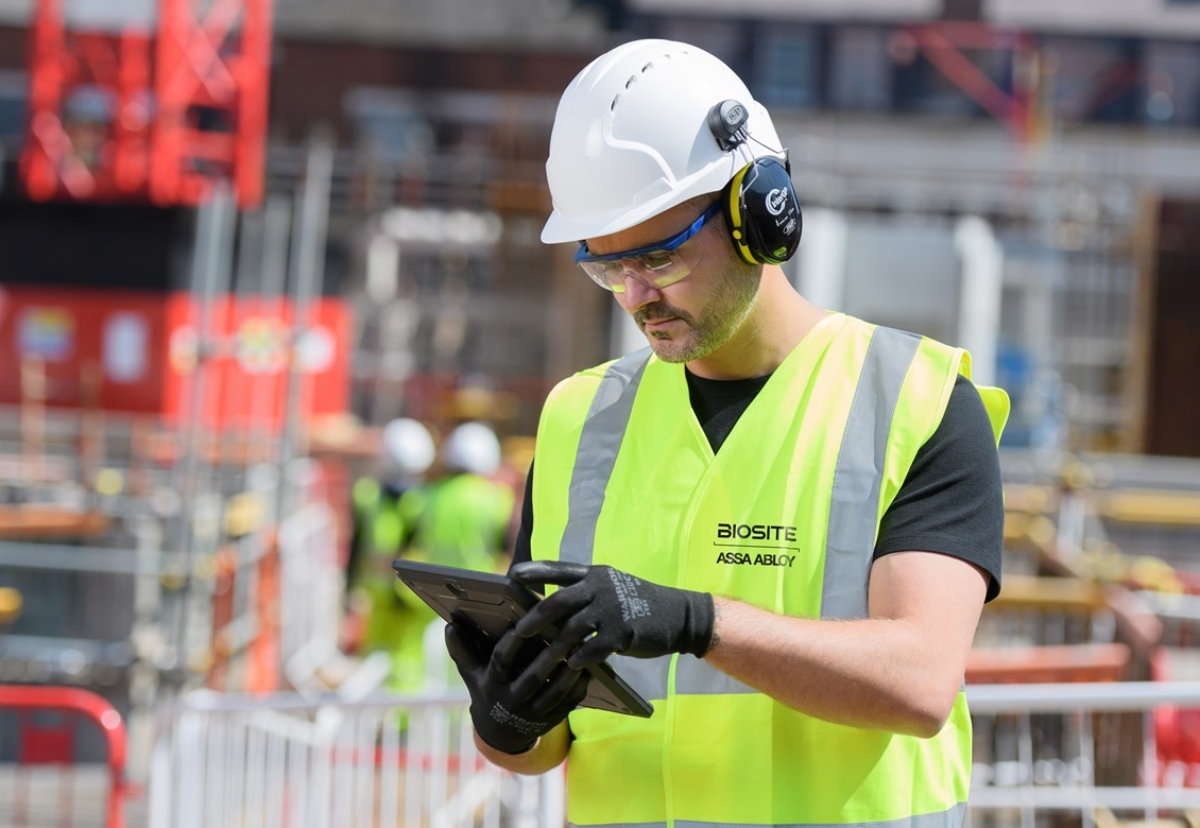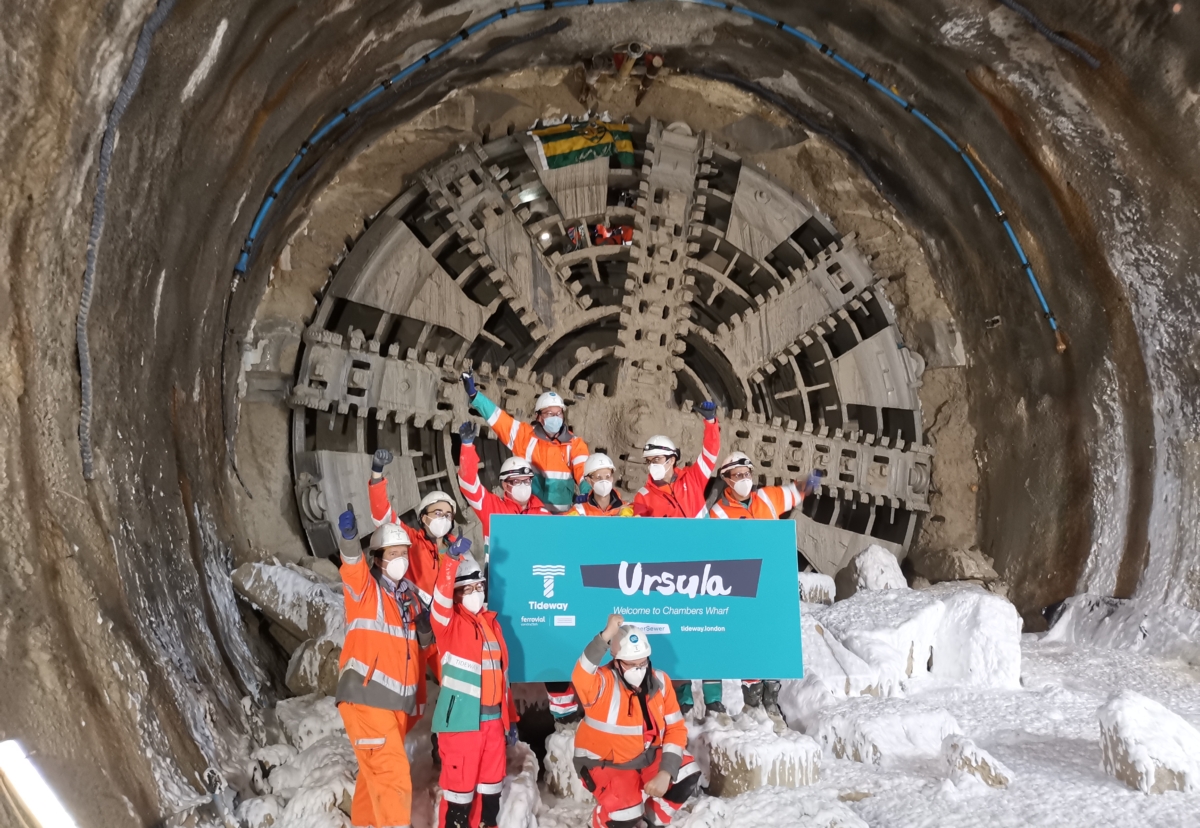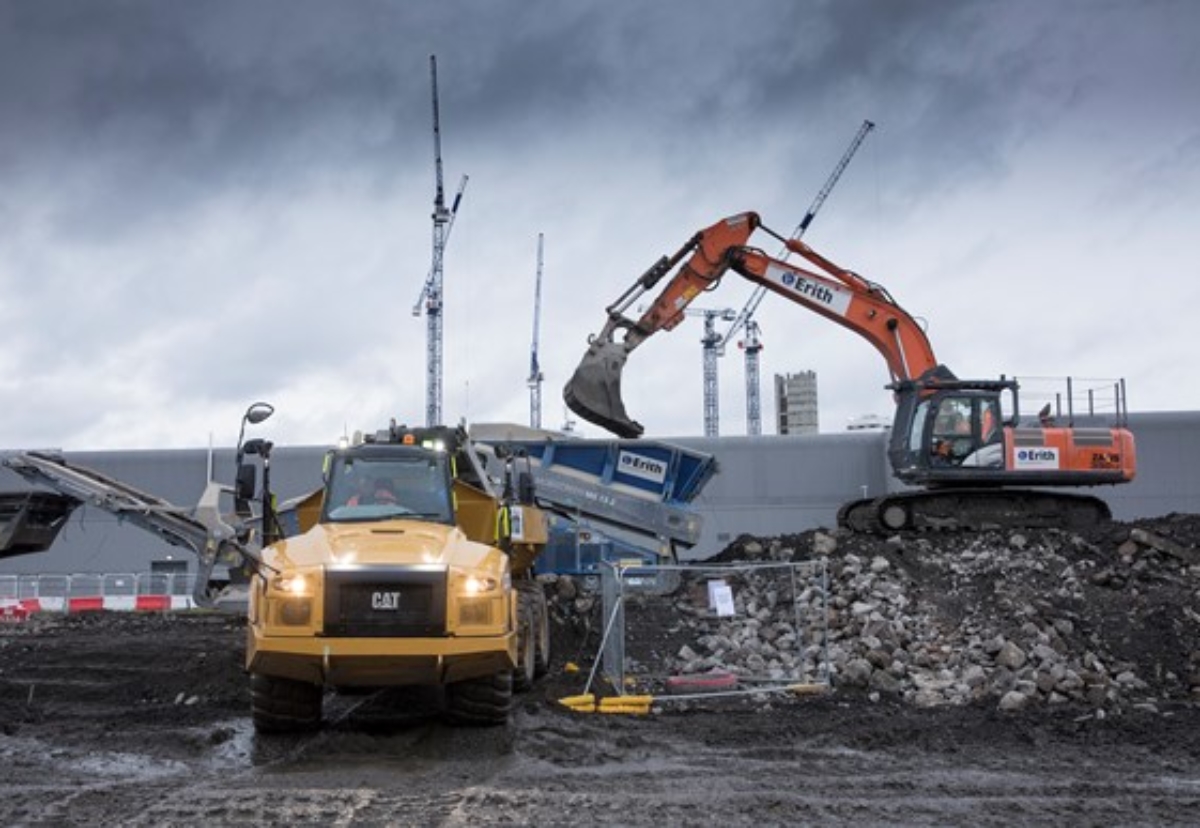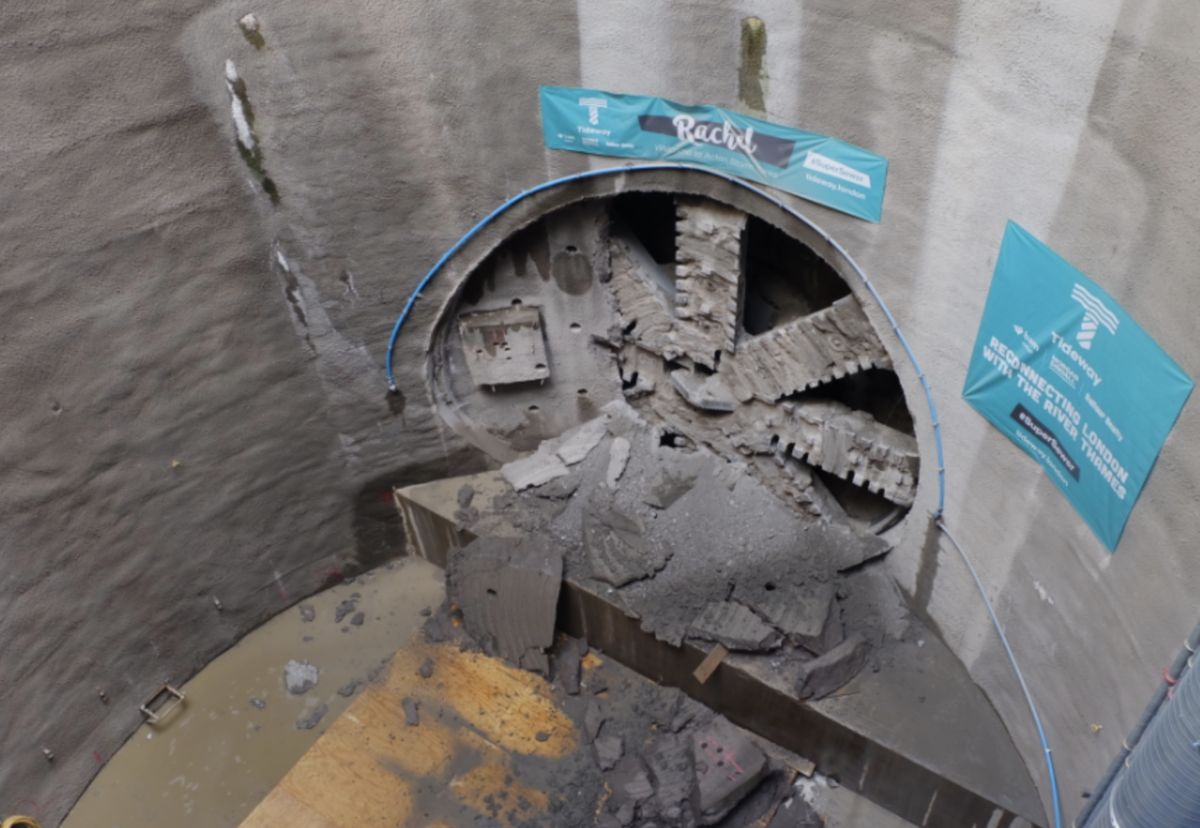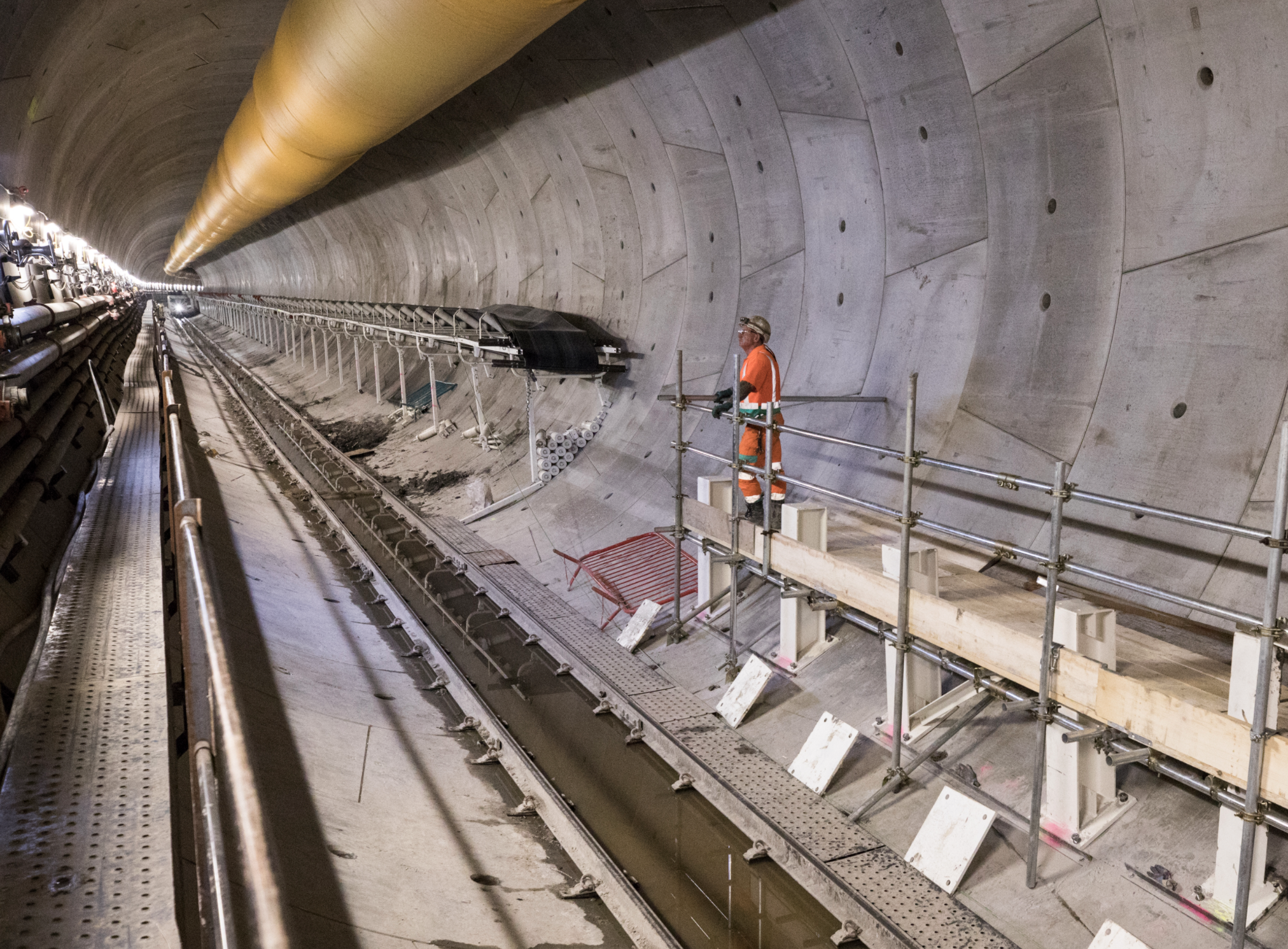Numbers of self-employed workers are slowly returning to the pre-Christmas level despite worries that many eastern Europeans would not return after the break.
According to the construction industry’s biggest payer of subcontractors Hudson Contract, the number of tradespeople on its books stood at 87% of pre-pandemic levels in January.
The figure was 90% before the festive break when most construction sites shut for a fortnight.
Ian Anfield, managing director, said: “We were concerned that Covid would prevent eastern Europeans getting back to Britain after Christmas.
“We also heard reports from some clients that some tradespeople were using the self-employment support scheme to take extra paid holiday at the Chancellor’s expense.
“While this is most certainly happening in some cases, on the whole the return to work has been at the same level as in previous years.”
But latest pay trends show earnings are running on average 13% down on January 2020 at an all-trade average of £838.
Freelance bricklayer, steel erectors and surfacing subbies have seen the highest year-on-year falls.
| Key trades national average weekly pay | |||
|---|---|---|---|
| Jan-2020 | Jan-2021 | Change | |
| BRICKLAYING | £ 767 | £ 648 | -16% |
| CIVIL ENGINEERING | £ 872 | £ 817 | -6% |
| DEMOLITION & WRECKING | £ 962 | £ 785 | -18% |
| ELECTRICAL | £ 1,300 | £ 965 | -26% |
| EQUIPMENT & OPERATOR HIRE | £ 959 | £ 938 | -2% |
| GENERAL CONSTRUCTION | £ 977 | £ 807 | -17% |
| INSULATION | £ 933 | £ 884 | -5% |
| JOINERY | £ 1,131 | £ 915 | -19% |
| MECHANICAL & ENGINEERING | £ 1,229 | £ 1,075 | -13% |
| PLASTERING | £ 801 | £ 695 | -13% |
| PLUMBING | £ 1,322 | £ 938 | -29% |
| ROOFING | £ 779 | £ 694 | -11% |
| SCAFFOLDING & LIFTING | £ 878 | £ 705 | -20% |
| SHOP FITTING | £ 1,166 | £ 1,073 | -8% |
| SPECIALIST TRADES | £ 930 | £ 799 | -14% |
| STEEL & TIMBER FRAME ERECTION | £ 731 | £ 797 | -9% |
| SURFACING CONTRACTORS | £ 768 | £ 706 | -8% |


